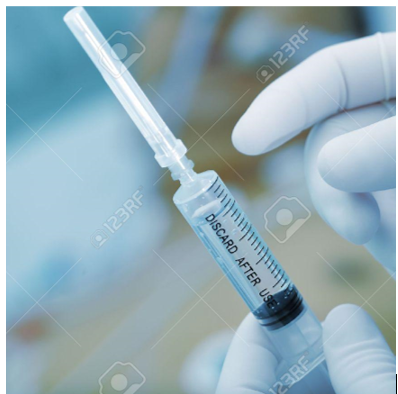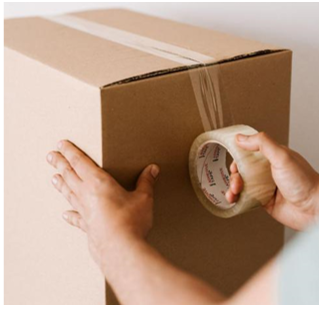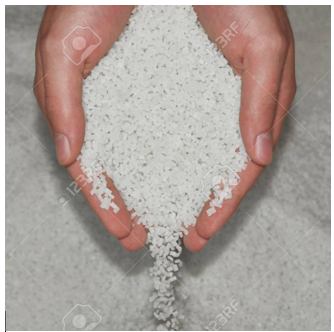Going green in the polymer industry
The plastics industry has always been seen as a major contributor to the pollution on our planet. However, plastics are an essential and integral material for most if not all industries without viable alternatives. As such, technology is continually evolving to make plastics production and manufacturing leave less of a negative impact on the environment. Here are a few ways in which the plastics industry is adapting to greener methods.
Waste Reduction

With the implementation of monitoring technology, every part of the production process is observed and improved upon. Particularly, efficient processes have been developed to reduce emissions and waste as well as reducing the raw materials required to make the same amount of product. Excess products that is generated are also reused or recycled.
Sustainable Polymers
A sustainable polymer is a plastic material that addresses the needs of consumers without damaging our environment, health, and economy. Sustainable polymers use renewable feedstocks, such as plants, for production. They require less energy and emit less greenhouse gases to produce, have less waste and a facile end life. An example of this is bioplastic.

Bioplastics can either be made by extracting sugar from plants like corn and sugarcane to convert into polylactic acids (PLAs), or it can be made from polyhydroxyalkanoates (PHAs) engineered from microorganisms. PLA plastic is commonly used in food packaging, while PHA is often used in medical devices like sutures and cardiovascular patches. PLA plastic is also used in plastic bottles, utensils, and textiles.
eJau™ biohybrid resin
Our subsidiary company, Gaia Greentech has developed an innovative biohybrid polymer resin derived from a combination of palm stearin and polyolefin. This resin aims to reduce dependencies on petroleum-based plastic and can be produced using standard polymer processing technologies such as injection moulding, blow moulding and blown film extrusion.

This biohybrid polymer resin is derived from the combination of palm stearin, which is a palm oil fractionation by-product, with the conventional polyolefin readily available in the Malaysian market. This is the first plastic resin in the world that uses palm stearin in the production of plastic products, such as plastic bags, plastic bottles, agricultural mulch and many other applications. Most importantly, eJau™ is also recyclable.
With the constant improvements of manufacturing technologies and development of
sustainable ‘alternative’ plastic materials, these traditional challenges to
the plastic industry being environmentally friendly are no longer an issue.




